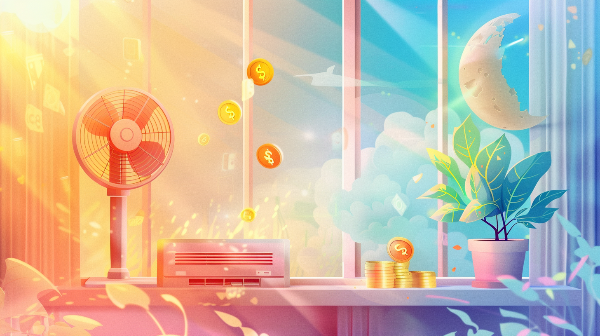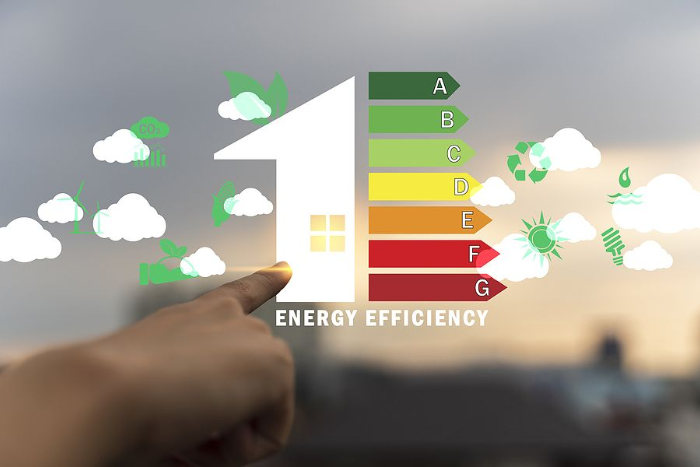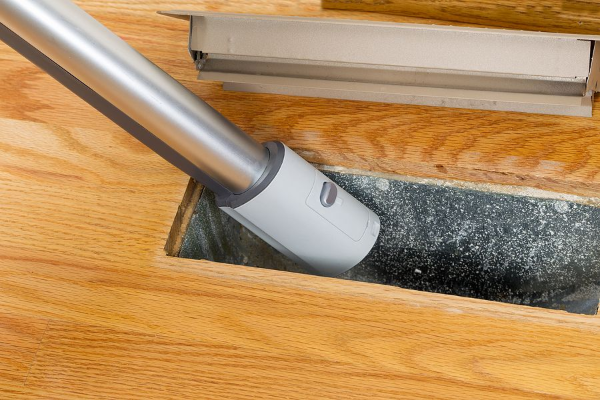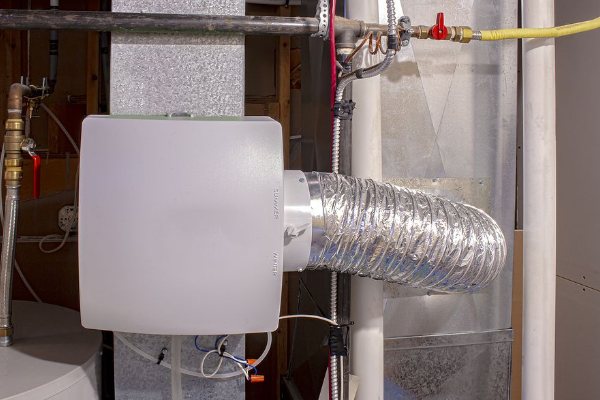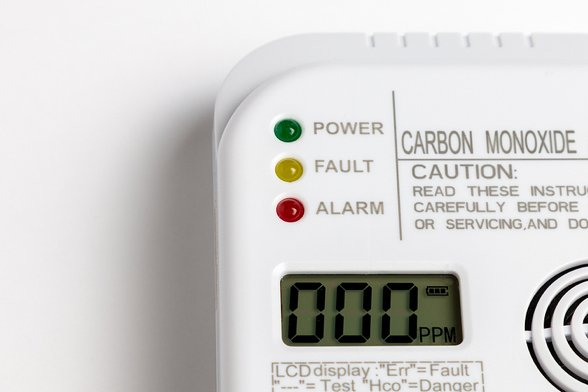Is a Fan Cheaper Than AC? Here's What to Know
When summer temperatures soar, staying cool becomes a priority, but so does keeping utility bills in check. Many homeowners wonder if running a fan is cheaper than AC in the long run. And if so, does it make a difference in your overall comfort?
Let’s explore the fundamental cost differences between fans and air conditioners, the impact on energy consumption, and practical ways to stay cool without overspending.
Fans vs. Air Conditioners Cost Breakdown
Fans are significantly less expensive to operate than air conditioners. A standard ceiling or box fan typically uses between 30 and 70 watts of electricity. Even running 24/7, this usually adds up to less than $10 per month on your electric bill.
A central AC unit consumes anywhere from 1,000 to 3,500 watts per hour, depending on its size and efficiency. If your local electricity rate is around $0.30 per kilowatt-hour (kWh), running a small AC unit continuously could cost over $200 per month. Larger or older units can cost even more.
So, in pure dollars and cents, fans are far cheaper to run, but they aren’t necessarily the better option.
Why Fans Aren’t a Direct Substitute for AC
Despite the lower operating cost of fans, fans and air conditioners serve different functions. Fans move air around a space, helping evaporate sweat from your skin and making you feel cooler. But they don’t lower the actual temperature of the room.
In contrast, air conditioners actively remove heat and humidity from indoor air, lowering the ambient temperature and making the space truly cooler. That’s a level of comfort fans alone can’t provide, especially during intense summer heat waves.
Best Energy Efficiency Cooling Strategy
If your goal is comfort and cost control, the smartest approach isn’t choosing between fans or AC. It’s using them together strategically. By running ceiling or portable fans in conjunction with air conditioning, you can raise your thermostat setting by about 4°F without sacrificing comfort.
The fan helps distribute the cooled air more evenly and enhances the cooling effect you feel, meaning your AC doesn’t have to work as hard, or as long. That small thermostat bump can make a noticeable difference in your monthly utility costs, especially during peak summer months.
Common Cooling Mistakes To Avoid
While trying to save money, many homeowners unknowingly make decisions that end up costing more in the long run. Here are a few pitfalls to watch out for:
- Turning the AC Off During the Day: Shutting it off completely can make your system work harder later, using more energy.
- Ignoring HVAC Maintenance: Dirty filters and coils reduce efficiency. Regular upkeep keeps things running smoothly.
- Using the Wrong-Sized AC Unit: A unit that is too small will run nonstop. If it’s too large, it will cycle inefficiently.
Avoiding these common mistakes can help you stay cooler, save energy, and extend the life of your HVAC system. Smart habits make a big difference when it comes to summer comfort.
Tips for Cooling Your Home Efficiently
Looking to optimize your cooling setup? Here are some practical tips to reduce costs while staying comfortable:
- Use Ceiling Fans Properly: In summer, make sure they rotate counterclockwise to push cool air down.
- Seal Air Leaks: Check windows, doors, and ductwork for leaks. Sealing gaps prevents cool air from escaping and hot air from entering.
- Close Curtains During the Day: Sunlight streaming through windows can significantly raise indoor temperatures. Blocking it helps your home stay cooler naturally.
- Add Insulation or Upgrade Windows: Improving insulation in your attic or upgrading to energy-efficient windows can reduce the strain on your AC over time.
- Invest in a Programmable Thermostat: Set your cooling schedule on a smart thermostat to match your lifestyle so you’re not wasting energy cooling an empty house.
- Supplement With Portable or Window AC Units: For smaller spaces, targeted cooling can be more efficient than cranking up central air.
Implementing these simple changes can improve your home’s comfort and lower your energy bills without sacrificing relief from the heat.
Beat the Heat With Efficient Cooling Solutions From Next Level HVAC
If you're struggling to keep your home cool and suspect your HVAC system might be the culprit, our team at Next Level HVAC is here to help. Whether it's due to an aging AC unit, poor airflow, or inefficiencies in your setup, we’ll diagnose the issue and recommend the best solutions. We’re committed to helping you stay cool and comfortable all summer long without a high energy bill.
Explore our cooling services today and find out how Next Level HVAC can help you save money with energy-efficient cooling options.

